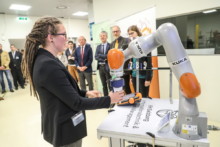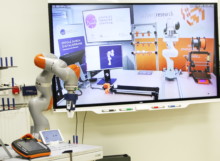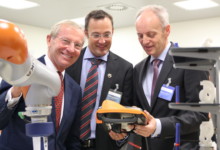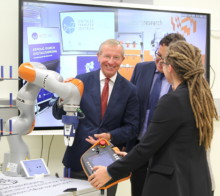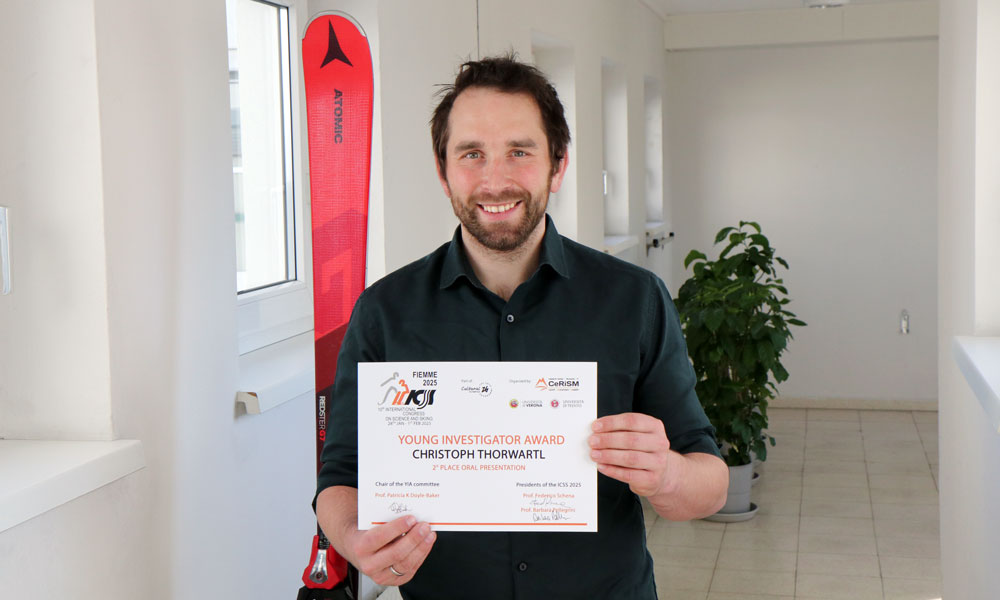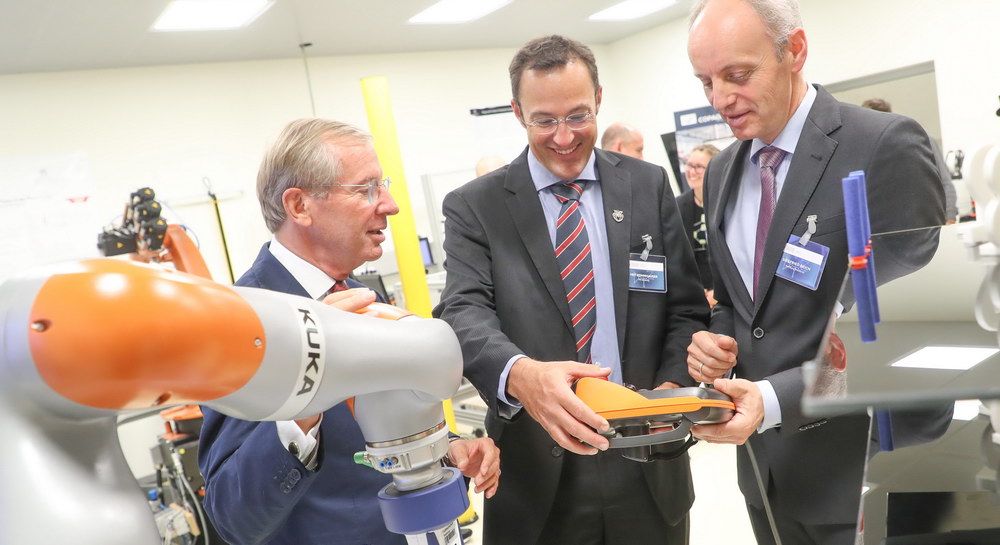
Opening: Digital Transfer Center
85 percent of companies in the country are informed about digitization. However, the implementation is often a major challenge: resources or the necessary know-how are often lacking. In addition, not everything that is technically feasible, really helps the factories. On the other hand, some technologies are not as mature as companies sometimes desire.
With the Digital Transfer Center (DTZ), neutral, provider-independent experts will be available for the companies as contact partners. By bundling the expertise of FH Salzburg and Salzburg Research, the necessary know-how is guaranteed, even for complex issues. A total of 20 researchers and six demonstrators are availbale in both institutions in the DTZ. The DTZ was founded on 9 October 2018 with Governor Dr. Ing. Wilfried Haslauer and a symposium for companies.
Benefits for Companies
The DTZ provides its local companies with its know-how and offers individual solutions for companies:
- Get suggestions
Companies can get information locally: demonstrators can be used to discuss and illustrate complex relationships and concepts. This results in new ideas for implementation in the company, scenarios can be tried. The DTZ will also be offering public events over the coming months. - Special requirements
Companies with very specific ideas and special requirements have the opportunity to exchange directly. Experts also enjoy coming to the company, picking up the individual challenge and, together with the company, looking for an ideal solution.
With its service offering, the Digital Transfer Center wants to make a contribution to competitiveness and location security. In addition, the state of Salzburg now offers a new promotion for faster digitization.
Learn more: Digital Transfer Center: Expansion of the Salzburg Digitization Offensive (in German)
Topics of the DTZ
The DTZ is dedicated to the central challenges of the digitalization of manufacturing companies: digital twins, smart logistics and mobility, collaborative manufacturing and digital business models & smart services.
One of the scenarios shown is a s follows: A robot arm at FH Salzburg is learning a movement. The taught-in movement is transferred to another robotic arm, not identical in construction and connected via the network, at Salzburg Research, both of which perform the semantically identical movement. This demonstrates interoperability between different systems. The basis for the demonstration is an interoperable kinematic model, which enables the collaboration of different robots in production over distances. This enables distributed solutions to be implemented on the basis of a secure M2M connection via public networks.
Website of the DTZ: www.dtz-salzburg.at
The DTZ is funded by the Province of Salzburg as part of WISS2015.

